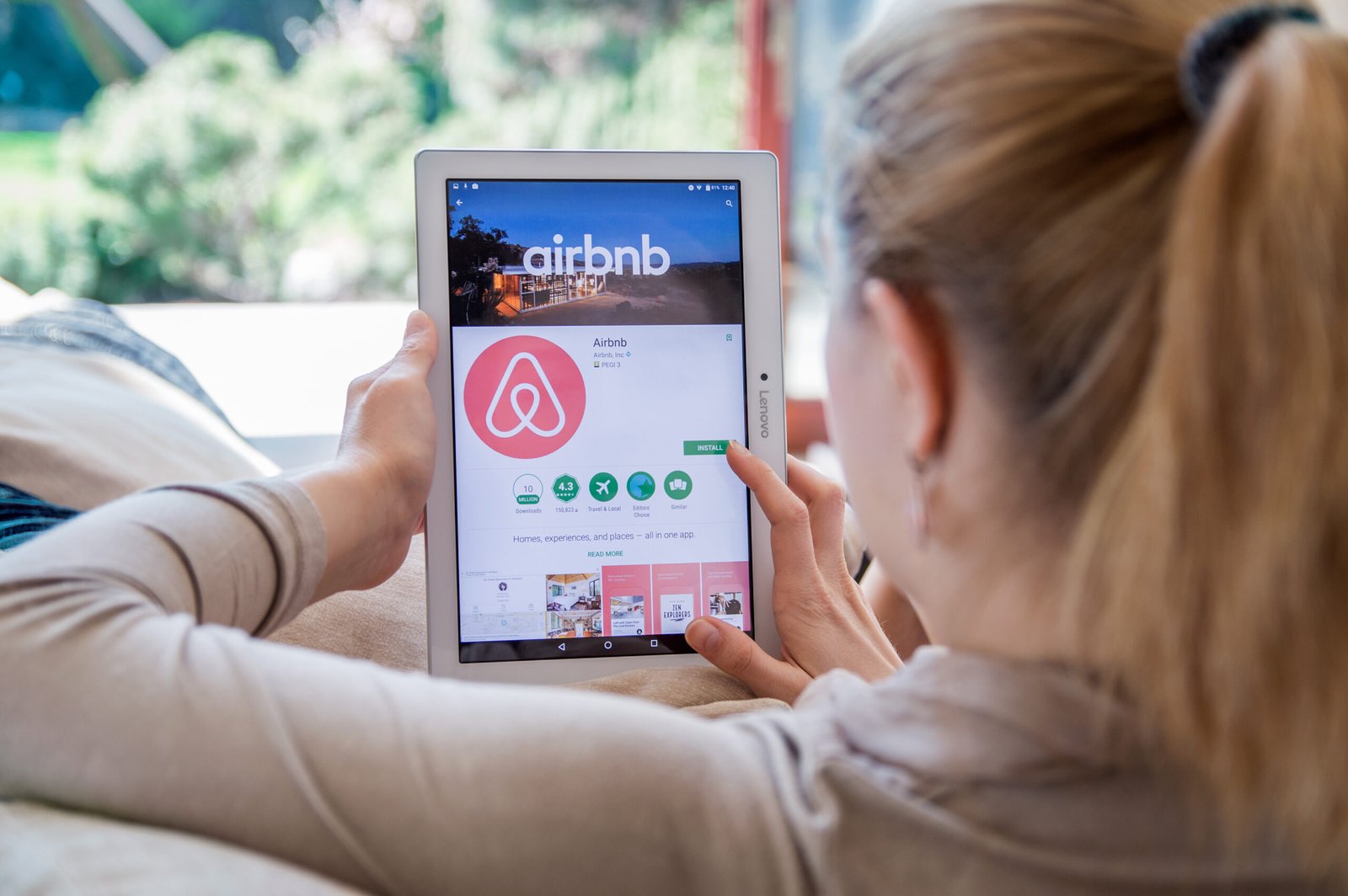Gen Z are born between 1997 and 2012, and have a bad reputation in the workplace, often labeled as “difficult” or “hard to work with.” However, their reasons vary from traditional work to their expectations for fair compensation.
Wants Work-Life Balance

Today’s young job seekers prioritize benefits that support a healthy work-life balance. They believe in achieving success without sacrificing personal time. Employers can foster understanding by discussing boundaries and clarifying expectations. This can be especially useful when it comes to unconventional working hours.
Want Meaningful Work

Gen Z values jobs that offer more than just financial compensation. They look for roles that bring value to their life and align with their passion. They reject work that lacks personal fulfillment or societal impact. Today’s youth prioritize meaningful contributions over mere paychecks.
Burnout from Hustle Culture

Many of the Gen Zs feel burnt out from witnessing the negative effects of overwork in today’s hustle culture. They want a healthier work environment and question the necessity of traditional employment models. They focus on their well-being over relentless productivity.
Influence of Social Media

Social media has influenced Gen Z’s career aspirations, with many drawn to online platforms for potential success and fame. They view digital entrepreneurship and content creation as viable career paths. Gen Z challenges the traditional notions of work and success.
Want Job Stability and a Higher Salary

Despite misconceptions, Gen Z values stability and financial security. They seek employers who offer competitive salaries and comprehensive benefits, recognizing the challenges of today’s economic landscape. Understanding the actual cost of living is crucial for attracting and retaining early talent.
Flexibility in Work Environment

Flexible work arrangements highly appeal to Gen Z. They prioritize freedom and autonomy. Gen Z values their ability to work remotely and pursue personal interests alongside their careers. Employers can attract talent by offering flexibility that aligns with this generation’s lifestyle preferences.
Rise of Passive Income

Gen Z recognizes the value of passive income streams, which provide an opportunity to achieve financial security. They focus on intelligent investments over traditional employment and seek alternatives to economic independence. This reflects a broader shift towards redefining notions of work and wealth in today’s society.
Mental Health Struggles

Today’s youth places a strong emphasis on mental health. They often prioritize it over career advancement. Gen Z views stress associated with traditional jobs as a valid reason to seek alternative sources of income. They want societal support that accommodates mental health breaks without financial repercussions.
No Connection with Coworkers

Disengagement among Gen Z goes beyond their attitude toward work. It is rooted in burnout, stress, and a lack of connection with coworkers. Authentic feedback from employees is crucial to addressing disengagement. Managing workload and fostering meaningful connections among coworkers can help reengage Gen Z.
Impact of Student Debt

Gen Z faces a significant level of student debt, which leads to disillusionment with the traditional work-reward cycle. They question the fairness of a system where financial stability requires years of hard work. Some advocate for universal basic income as a means of addressing this disparity.
Search for Autonomy

Valuing automation and self-direction, Gen Z seeks opportunities for self-initiated projects and entrepreneurship. They believe in earning a living on their terms, challenging the constraints of conventional employment. Moreover, they desire control over how they can be compensated for their time and talents.
Cultural Shifts in Value Perception

At the forefront of a cultural shift, Gen Z questions societal norms regarding the value of work. They advocate for a system that recognizes diverse contributions and challenges the hierarchy of job importance. This reevaluation extends to the concept of compensation beyond traditional employment.
Skepticism Over the Education System

Gen Z is skeptical of an education system that channels students into traditional jobs. They question the return on investment of higher education and its relevance in the modern job market. Pursuing self-education and entrepreneurial ventures is often seen as more valuable than traditional paths.
Influence of Technology

As digital natives, Gen Z leverages technology to explore new forms of earning. They utilize online platforms to create income streams that were not available a decade ago. Gen Z’s comfort with technology shapes their expectations for work and compensation in the digital age.
Values Alignment

Young talents prioritize working for organizations that align with their values and contribute to a broader societal purpose. Many emphasize the importance of making a positive impact on social and environmental issues. They expect their employers to share and act upon their values.
Clash of Societal Expectations

Raised with the expectations to “change the world,” Gen Z feels disillusioned with the reality of most jobs. They challenge the idea of working in roles that do not contribute to broader societal improvement. Gen Z seeks employment opportunities that align with their desire to make a meaningful impact.
Influence of Globalization

Exposed to global perspectives, Gen Z is inspired by varied approaches to earning a living worldwide. They question why traditional employment is the norm and seek a more flexible approach to earning. This global outlook fosters a desire for diverse and innovative models of work and compensation.
Anxiety Because of Automation

With automation and AI threatening traditional jobs, Gen Z questions the logic of investing in careers that may not exist in the future. They advocate for basic income as a safety net in anticipation of a job market dominated by machines. Due to this, Gen Z is preparing for a potentially transformative shift in the job market.
Lack of Representation

Feeling underrepresented in traditional job markets, Gen Z seeks employment opportunities that reflect their diverse backgrounds and perspectives. They call for equity in the workplace and compensation that acknowledges diverse contributions. This desire for representation fuels the exploration of alternative methods of earning.
More Opportunities for Skill Development

Young talents are eager to keep learning and growing even after school ends. Apart from work, Gen Z wants more programs that can help them develop their skills. For instance, companies can undertake financial literacy initiatives. This would reflect an interest in holistic personal growth, motivating Gen Z towards their work.


